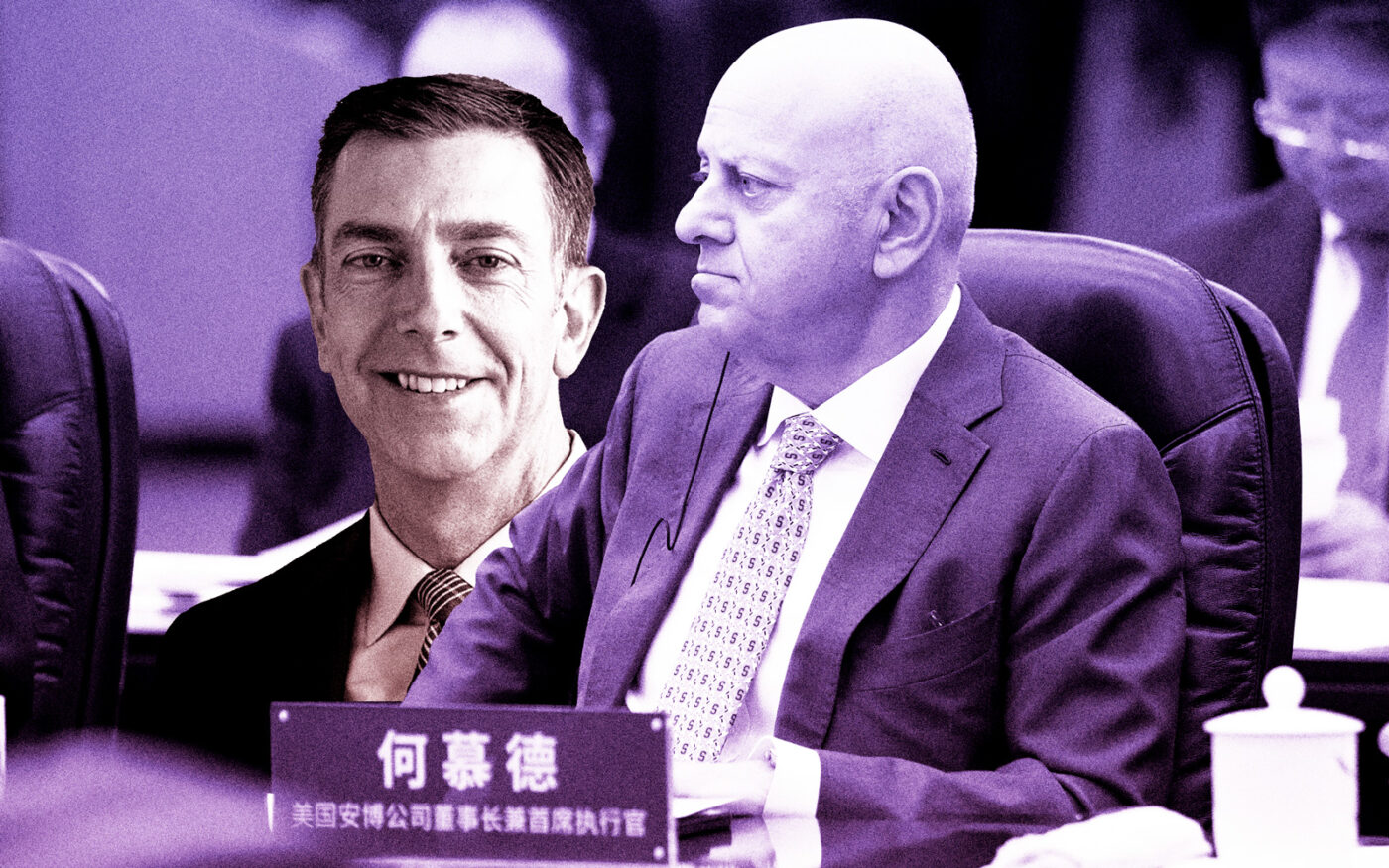Hamid Moghadam digressed during Prologis’ first-quarter earnings call to share a story from 2016.
“I was in Brazil when Brexit was announced,” he began. In the half a day it took the CEO to land in San Francisco, home to the logistics giant’s headquarters, the market had cut the value of its United Kingdom portfolio “by more than its entire value.”
It was presumed worthless.
“What did happen in the ensuing three or four years: The need for inventory increased both in the U.K. and in the [European] continent,” Moghadam said.
That is, Prologis emerged as the unlikely winner of disruption, signing nearly twice the volume of new leases in the quarter after the referendum passed than in the same period in 2015.
“A disconnected world will require more warehouse space, not less,” CFO Tim Arndt said on Wednesday’s call.
That set the stage for an unlikely read on the current state of business affairs.
The firm’s most recent results are, of course, backward-looking at a quarter more affected by tariff speculation than reality. Still, Prologis reported a bump in demand as some businesses rushed to beat expected price increases.
The warehouse owner posted a 9 percent increase in revenue year over year to $2.14 billion and near-record leasing of 58 million square feet. Core funds from operations or FFO — a measure of earnings — jumped nearly 11 percent from March 2024.
In the past three months, President Donald Trump’s chaotic trade policy — threats, rollouts, expansion, retraction and, now, a trade war with China — have rattled the real estate industry into a state of disquietude.
It’s understood that uncertainty is bad for investment, and though real estate hasn’t pumped the brakes — by its telling, at least — investors have grown cautious, anxious about where the White House might weave next and whether they’ll be wounded or rewarded.
Prologis executives, by contrast, raised their licked fingers on Wednesday’s call and reported some likely tailwinds.
“Many companies now question where to source, manufacture or even sell their goods,” Arndt said, acknowledging that the disruption created by Trump’s “Liberation Day” tariffs “would certainly slow decision making.”
As firms weigh those next moves, they’re looking for flexible options to store their stuff, the CFO said. For Prologis, that’s a boon.
Moghadam said there has been demand in the short time since Trump announced a baseline 10 percent tariff on nearly all nations, plus reciprocal tariffs on a slew of others. (Trump later paused the reciprocal tariffs for 90 days — save for levies on China, which he ultimately hiked to 145 percent.)
“Perhaps the most surprising thing that I’ve seen is that even in the last two weeks we signed a lot of leases and we signed built-to-suits,” Moghadam said, referring to spaces built to match customer specifications.
“These customers could have just said, ‘OK, let’s punt on those until we have clarity,’” the CEO said. “So I’m actually very encouraged.”
There are, of course, caveats.
Some customers seem to be waiting on the sidelines, Prologis execs acknowledged. Though it signed 80 leases for over 6 million square feet in the period, the volume does represent a 20 percent dip from its usual pace. And it’s possible uncertainty stays more hands for longer, Arndt said.
On a longer timeline, tariffs could drive inflation, which would undoubtedly hurt Prologis’ development arm. As a result, the firm curtailed development guidance to align with expectations that it would scale back its spec warehouse pipeline until it had a clearer sense of how Trump’s trade war would shake out.
If tariffs drive inflation and inflation prompts a recession, that would be a killer. A dip in consumer spending means businesses, particularly e-commerce, have less need for space.
All told, Prologis does see silver linings in Trump’s Truth Social posts, and it may have the trappings of being a rare winner of the president’s trade policy. But the firm isn’t yet ready to bet on that bump. Apart from development, it did not alter its guidance for the year.
“Let’s not speculate about how bad it’s going to get or whether this is going to be a blip,” Mogaham said on the call.
“I mean, it changes every day.”
Read more



